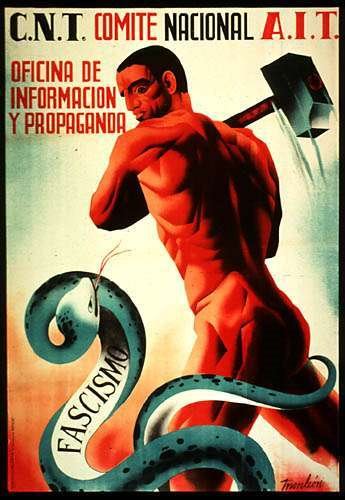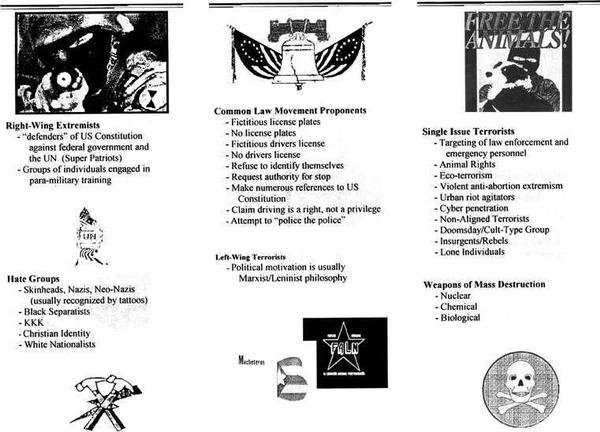CNN's YouTube Debate Failed the American People
By Rory O'Connor, AlterNet
Posted on July 24, 2007, Printed on July 25, 2007
http://www.alternet.org/story/57807/
I spent many years toiling in the television news business, countless hours of which were spent sitting in sleek, cool, dark spaces known variously as the "Control Room" and even "Master Control."
Think about it for a moment -- control as the dominant metaphor for an entire industry. And knowing when to exercise firm control, and when it's best just to let go, can be one of life's most difficult and delicate dances -- as any parent can attest.
Maybe that explains why CNN seemed so unsure about when to let go and when to hold on during its much-ballyhooed "YouTube Debate." Its MSM mania for "filtering" the questions, coupled with moderator Anderson Cooper's failure to control the candidates and push them actually to answer the questions asked, marred what was otherwise an interesting and even laudable experiment in participatory democracy.
In only dipping its toe in the swirling, muddy waters of citizen media, greater access, and individual empowerment, however, America's 'most trusted news network' failed to deliver on the promise of a Great Debate by, in essence, failing to trust the American people.
In the end, after all the fear of unfiltered, unmediated questions delivered directly from the electorate to the candidates, it turned out that the fear was misplaced. It was CNN and the candidates themselves who let us down.
The questions from 'ordinary citizens' were great, the answers from the ordinary candidates not so great -- largely because they were not nearly as direct, thoughtful, honest or embracing. Instead, the bizarre nexus of Big Politics and Big Media once again displayed a simultaneous fascination with and fear of the Internet, the 'New Media' it has brought crashing down on their carefully wrought old media plans -- and especially the audience formerly known as the electorate.
The idea behind the debate format -- i.e. including for the first time 'citizen media' questions, often delivered in the highly personal and pointed direct-to-web-camera YouTube video style that has become so familiar -- was an inspired one.
Unfortunately, and all too typically, however, CNN's old media fear of losing control trumped its fascination with the new. In only going halfway, the cable news network delivered an inevitable result -- a debate that was only half great. Instead of leaving the decision of which questions would be asked to the same citizens who had already sent in thousands of mostly intelligent, serious and to-the-point videos, CNN honchos decided they needed to 'filter' the process and decide themselves which questions would get asked, so as to ensure the seriousness and high purpose of the evening would not be dragged through the mud of the mob.
To defend this dubious decision, they pointed to a crazy question about Arnold Schwarzenegger being a cyborg as the 'most popular' questioned submitted to YouTube. It turns out that was just an 'early return,' however, and in the end the most popular question -- which went unchosen by the CNN priesthood and thus unasked -- was a very serious one about the possible impeachment of President Bush.
CNN's reticence and failure to embrace either the promise or full reality of citizen media was clearly a mistake but an unsurprising one. The initial error of exerting 'too much control' was then compounded by a second one -- the unwillingness or inability of moderator Cooper to adequately control the candidates and push them to answer in a forthright manner those questions CNN did at least allow to be asked.
Failing to exert proper control as moderator too often meant that a great, pointed question from the electorate was met by the sort of evasion and obfuscation one has become accustomed to hearing from those so anxious to represent us.
By the end of the evening -- when candidates resorted to blatant flattery, bad jokes and pure refusal to answer when asked to name "one thing you admire and one thing you don't like about the candidate to the left of you" -- Cooper seemed content merely to throw his hands in the air and watch the spectacle along with the rest of us. In a brief on-air post-mortem, he later confessed to Wolf Blitzer, "the hardest part was getting people to answer the video question."
Still, "the candidates didn't know what to think -- that was a good thing, and the video adds anther dimension to the debate," Cooper continued. As he also noted, "it was a dimension that was missing."
Let's try to be positive (for once, I hear the blogosphere muttering!) CNN certainly deserves some credit for encouraging citizen media. But by reserving control on which questions were asked -- and compounding the mistake by then failing in many cases to get the candidates to answer the questions as directly as they were asked -- the cable network also disappointed. One hopes matters will be rectified for the next YouTube debate in September, featuring the GOP candidates.
Ultimately, the only real solution for CNN and other MSM stalwarts is to give up even more control in the future. Those firms that learn to stop worrying and embrace the new participatory citizen media, (such as the BBC, for example) will thrive in the future. Those that don't -- and continue to filter in fear -- may not even survive.
In the meantime, here's hoping that CNN has the foresight, trust and yes, courage, to let go even more next time around and really open up the process to let the citizens decide. Sitting in the dark, cool Control Room, seemingly safe from the madding crowd, is no longer viable. Going only halfway this time only resulted in a half-great Great Debate.
Filmmaker and journalist Rory O'Connor writes the Media Is A Plural blog.




Nuk ka komente:
Posto një koment